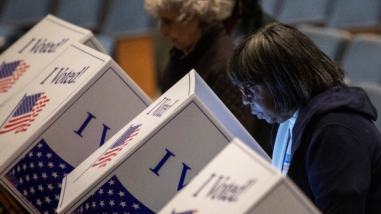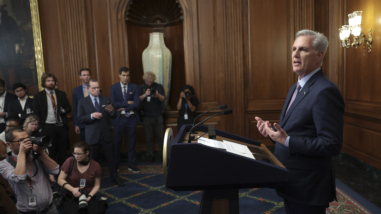Massachusetts Institute of Technology
For Supporting Local NGOs To Grow And Innovate On The TaRL Approach In Africa
-
Amount$500,000
-
Program
-
Date Awarded11/6/2018
-
Term24 Months
-
Type of SupportGeneral Support/Program
Strategies
About the Grantee
Grantee Website
www.mit.edu



